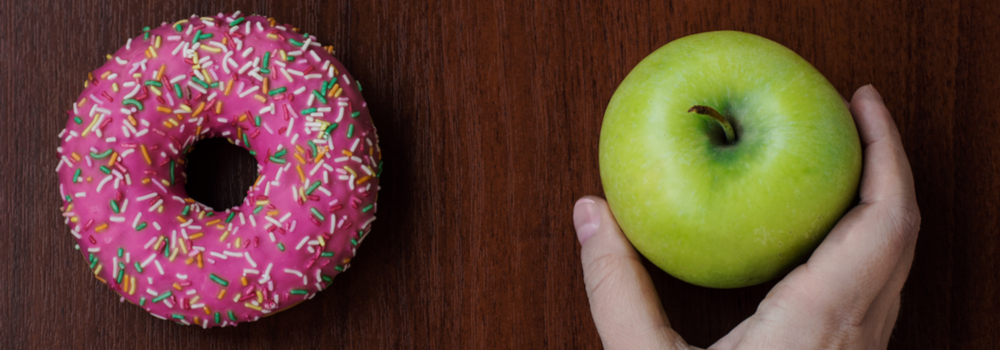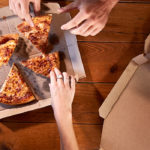The health industry has gone to extraordinary lengths to avoid the inevitable cheat day. “Lifestyle” enthusiasts swear by their almost-like-dessert creations that put on the gains, fuel the workouts, and stave off pesky cravings. Some of the most committed claim that they never suffer a break from their strict and regimented “lifestyle” because their cravings are satisfied in many other ways. Most often their satisfaction comes from the fact that they never falter from their dietary lifestyle because somehow they’ve transcended the human tendency of fallibility.
Research into neural pathways shows that it is possible. Recovery is an example. Men who have lived many years of their life dependent on drugs and alcohol commit to a lifestyle of recovery and can live the entire rest of their lifetime without ever once picking up another drink or a drug. The discipline and daily habits men build to fulfill a lifestyle that doesn’t necessitate drugs or alcohol creates this ability. Many men turn to fitness, healthy eating, and active lifestyles to supplement their recovery. Though a man may be strictly sober, he may not be completely infallible when it comes to other imperfections- like eating the occasional round of less than healthy food.
Sugar and carbohydrates are, to many health professionals, considered unnecessary. “Junk food”, in whatever way it might be defined, is never a problem if one burns enough calories and spikes their metabolism high enough not to be touched by these foods. However, with the rise of new eating disorders like “orthorexia”, an unhealthy obsession with clean eating, many nutritionists are arguing that the body needs the occasional moderate indulgence in some sugar, fat, carbs, and salt. “Everything in moderation,” Oscar Wilde once quipped, “including moderation.” The addictive nature of sugars and carbs makes moderating them hard to do.
According to Big Think, there’s science behind the difficulty in moderating the intake of sugar and carbs. Citing The American Journal of Clinical Nutrition, the website explains that “Because sugary and processed foods, known as high-glycemic, cause extreme spikes and dips in blood sugar levels, the body is driven to compensate for low blood sugar by consuming more food.” Cravings start while you’re eating sweets, treats, and other carbohydrate delights, which is why many people find it nearly impossible to have just one cookie, one square of chocolate, or one piece of bread at the restaurant. Additionally, the notorious neurotransmitter dopamine plays a role. Brain imaging studies have found that sugar stimulates a reaction of pleasure-production in the brain similar to cocaine. Emotional attachments to food, the least of which might include a syndrome of “forbidden fruit” status, also contribute to the problem of pleasure. Shame, guilt, and other negative factors might play a part as well, as negative experiences can be a driving force in repeat decisions- just as it can be in addiction.
Tree House Recovery is a men’s addiction treatment facility in Portland, Oregon. Offering men a sustainable way to find freedom from addiction, our residential treatment programs focus heavily on building physical health and wellness in the pursuit of sobriety. Call us today for information: (503) 850-2474




